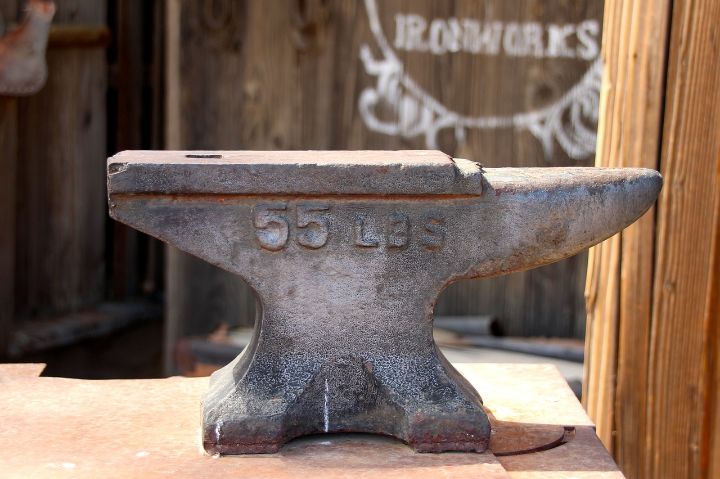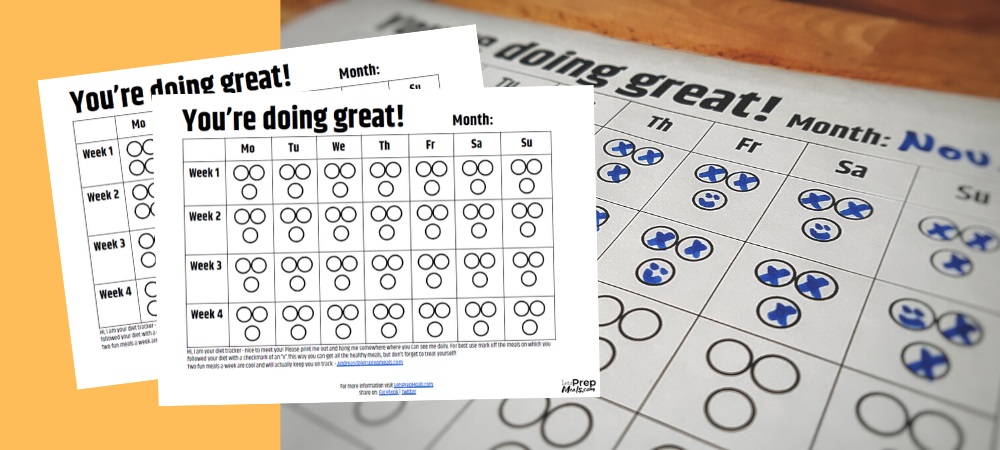

Andreas LPM
- January 14, 2020
- No Comments
21 Tips for better motivation
Introduction
“If you really want to do something, you’ll find a way. If you don’t, you’ll find an excuse.” —Jim Rohn
Table of Contents
Why self-motivation is so hard
The two kinds of motivation: Intrinsic and extrinsic motivation
- Go running because it make you feel energetic.
- Read a book because you want to learn something or enjoy the story.
- Keeping your house tidy because you like things to be clean.
- Go running to loose weight.
- Read a book to study for a test at school.
- Clean the house because your parents come over for coffee.
"Why do we stop when things get hard?"

Reason #1
Reason #2
Another reason is you have to build-up a pain tolerance. Walking up four stories every day for the next years feels intimidating and just picturing yourself huffing and coughing does not work into your favor.
Reason #3
A third reason can be found in how habits work and is related to instant rewards vs delayed rewards.
Habits
Here is a habit-loop in detail:
To make habits stick they have to be repeated over and over again. There are numbers floating around, after how many days a habit has formed. But don’t expect them to automatically appear, it takes work and repetition. A habit that is as old as you are won’t be changed or broken after 30 days. BTW: Those habits need to be avoided by avoiding their initial cues.
“The process can be boring/ repetitive”
Immediate vs. delayed reward

Instant reward = wrong teacher
Ways to stay motivated
21 unique ways to get and stay motivated.

The mind is a lazy little bastard that tries to sabotage you whenever possible. Even in the face of a solution to your problem it will always gravitate towards the least hard and painful.
#1 Tell (many) significant people about your goals
Talk to people who are important to you about your goals and do it to many. The pressure of failure is a potent motivator and helped many reach their goals.
#2 Make a contract (with your future-self or someone significant)
Make it as pro as possible, put in all the details and have both of you sign off the deal.
#3 Find and repeat your “Why”
Look deep and find your real “why” and repeat it often. Constantly remember why you need to do 10 more push ups although your body screams for rest.
#4 Build habits
So, after every research and writing session I patted myself on the shoulder, smiled and gave myself some time to make music.
#5 Write down your goals daily
Get a little excited and be as specific as needed/ possible.
#6 Make progress visual
You can find an example journal here in this article about the 90/10-Rule.
#7 Make small steps, get better just 1% forever
#8 Allow yourself failure. But: get up, shake it off, work harder and keep going
Good things will come to those who constantly improve.
#9 Get a coach
This serves two mechanisms. 1) You pay for it. This alone can be a great motivation. Make appointments, work out together. Not showing up will be a real burden then. And if you’re not aware of it: If you don’t show up you have wasted the coaches money! He could have given that spot to someone more dedicated who will actually show up. Keep that in mind. 2) Coaches lead with a good example. They are where you want to be. Also they have great tips and programs that work. They can push you when you really don’t want to and help get you to new levels.
#10 Take a course
A real world-coach can of course push you, but if you need a jump-start and want to do things right at the beginning a course can be a real shortcut. An example would be a course about cooking, meal prep, weight training and cardio.
#11 Daydream about your new self
Motivation Tricks for Diet & Fitness

#12 Old picture of thin you near fridge
If you have an old picture of yourself in which you are thin and fit, hang that up next to the fridge. That’s your goal, that’s how you want to look like again! This constant reminder will help you judge about the next meal, the portion size or the second plate you think about eating.
#13 Wear you tightest pant and sit at table
Next time you think about the second plate go and put on the tightest pant you have. Now sit down at the table, lift your shirt or sit there top-less (watch out for nosy neighbors!) and look at your tummy. This will hopefully change your view on the necessity of that second plate that you were about to grab.
#14 Take picture of you sitting at the table
If you really want to motivate yourself with that kind of stuff go ahead and take a picture of you sitting at the table and look at it every time things start to go out of hand.
#15 Put yourself into an uncomfortable situation
Apply for modeling contest, a body building show, a test to get a certain certificate and then work your ass off to get there. Or you can agree on going on a beach vacation and blow everybody away with how great you look now. It takes some courage but some might need this kind of pressure to get the work done.
#16 Be aware that weight-loss is not linear
Just be aware of that those processes take time. Trust the process. If you’re doing everything you can and know you’re doing things right, give it some time. And if you need to up your game make changes one by one so you know what worked.
#17 Celebrate regularly (also works for any other goal)
Bring people along and tell them about your progress. It’s a huge feeling when people compliment you and reinforces the good things you’re doing now.
#18 Don’t beat yourself up
Of course if things don’t work out as well as planned be cool about that. Failure happens, life gets into the way of your goals. I am not asking not to care, but beating yourself will only do damage. Learning is what we’re after.
#19 Planned breaks
Knowing there is light at the end of the tunnel can be huge relieve when things get ugly. It’s not uncommon to plan them out and push really hard in-between. It’s a mental break but also helps the body recover for the next round.
#20 Make a habit of asking yourself if this is helping or hurting
Some coaches offer such a service as well. But do you really need someone to tell you that burger and pizza, although tasty, are not helping to loose those 20kg of fat?
#21 Buy a piece of clothing that you want to fit in and hang it fully visual into your bedroom
Conclusion

FREE DIET TRACKER
Download my printable "3 and 4 meal stick-to-the-Diet Tracker" now!

